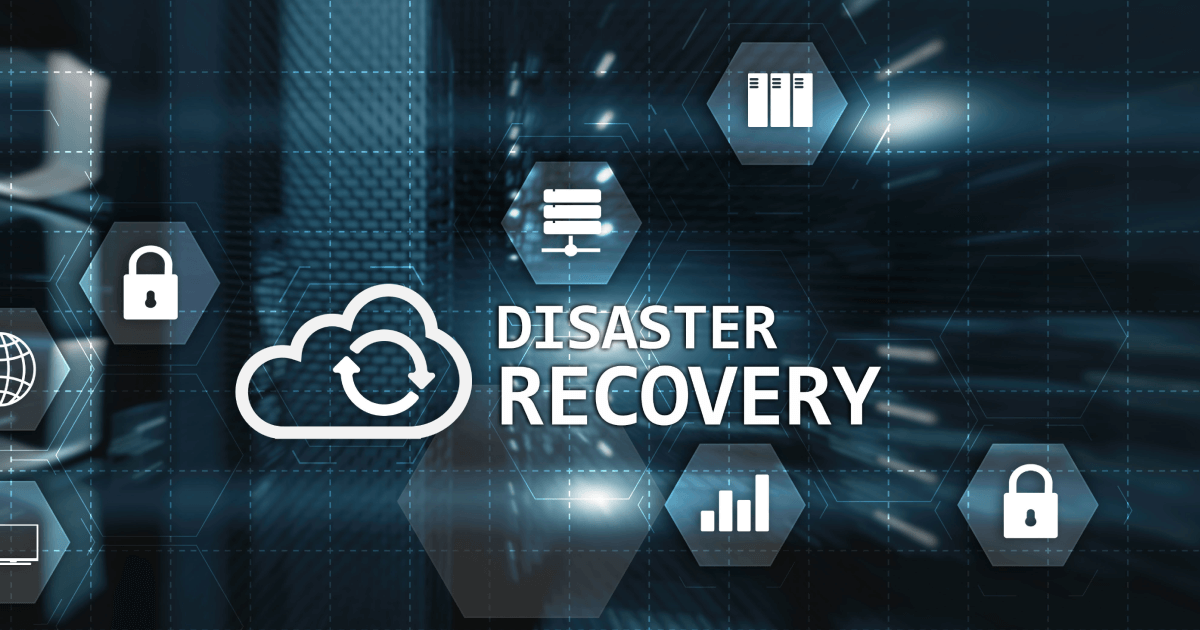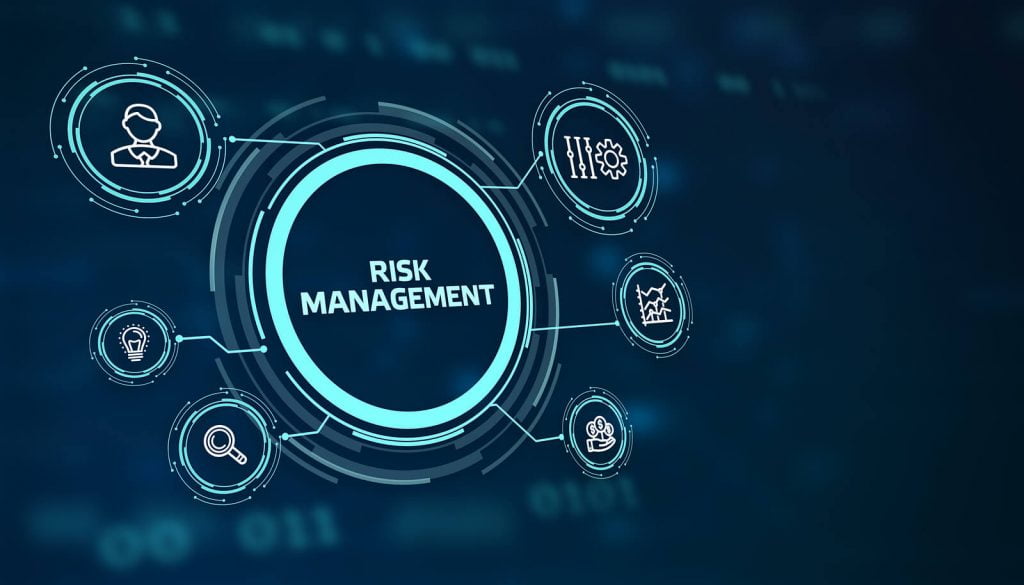Management System Standards
Management System – Implementation and improvement of quality management systems, quality auditing and training.
What is a management system?
A management system describes the way in which companies organize themselves in their structures and processes in order to act systematically, ensure smooth processes and achieve planned results Modern management systems usually follow the PDCA cycle of planning, implementation, review and improvement (Plan-Do-Check-Act).
An effective management system is based on and controls structured and optimized processes. Thus, it establishes the systematic and continuous improvement of the organization through clear rules, roles and processes.
What are the advantages of a management system?
All companies and organizations, regardless of their size, type and industry, benefit equally from an effective management system.
They focus on the requirements of customers, other interested parties and/or sustainability issues and provide your company with crucial support in successfully meeting the challenges of the market and society.
Where management systems are actually practiced and continuously developed, they support the organization in avoiding mistakes, identifying opportunities and risks, and meeting the requirements of all stakeholders. At the same time, they make it easier to adapt to constantly changing conditions.
ISO 9001:2015
What is the ISO 9001 standard?
The ISO 9001 standard defines the requirements for a quality management system that companies must implement in order to meet the expectations of internal and external stakeholders. ISO 9001 is based on the seven principles of quality management:
- Customer focus and sustainable success
- Management and leadership
- Engagement of people
- Process-oriented approach
- Improvement
- Evidence-based decision making
- Relationship management
What makes effective quality management useful for my organization?
An effective and efficient management system is characterized by clear objectives, measurable results, adequate resources, structured processes and their continuous improvement. Thus it helps your company gain valuable competitive advantages: Increased customer satisfaction, opening of new markets and improved processes. At the same time, a management system helps ensure compliance with legal and regulatory requirements, and mitigates associated risks.
With the ISO 9001 standard, top management is strongly involved in the responsibility for the quality management system. The focus of the QMS is on the environment of your company. In addition, there is an intensive consideration of risks and opportunities, which reveals a considerable potential for improvement in corporate practice. ISO 9001 follows the so-called “High Level Structure” (HLS). This basic structure is based on the uniform use of outlines, terminology and definitions in all modern ISO management system standards. This makes it easy to integrate further standards into an existing management system, for example ISO 27001, ISO 14001, ISO 50001 or ISO 45001
Why do I need a quality management system according to ISO 9001?
With transparent processes and clearly defined responsibilities, a quality management system (QMS) is an important building block for holistic management. An effective QMS is the basis for a continuously improving organization and thus sets the course for successful company development.
Structured and targeted implementation of specific customer requirements
Access to new sales markets at home and abroad through proven quality capability.
Entrepreneurial risk becomes more manageable; transparent processes support the implementation of laws and regulations
Involvement of employees through communication, information and training
Easier integration of other standards and management systems (for example ISO 14001, ISO 50001, ISO 45001 or ISO/IEC 27001)
ISO 14001:2015
What is environmental management according to ISO 14001?
ISO 14001 is a globally recognized standard for environmental management systems (EMS) that was first published in 1996. The requirements of the standard aim to ensure that companies sustainably promote their operational environmental protection, set their own targets for its implementation and reduce the negative impact of their business operations on the environment – including the life cycle assessment of their products and services.
The standard requirements of ISO 14001 can be applied not only to any company size and industry, but also to different geographical and cultural circumstances. A core area of the standard are the so-called “compliance obligations”. These are binding obligations that the certified company determines for itself, based on an assessment of opportunities and risks in relation to environmental aspects, environmental targets and voluntary commitments.
How does ISO 14001 Consulting benefit which organizations?
ISO 14001 can be implemented regardless of the size and industry sector of a company. Thus, private, non-governmental and non-profit organizations can also benefit from an environmental management system according to ISO 14001. Successful implementation and Consulting will help your company gain valuable competitive advantages.
These include:
- Increased customer confidence through reliable environmental management
- Continuous improvement of your environmental performance
- Reliable compliance with legal and regulatory requirements through a systematic approach
- Risk prevention – early identification and minimization of potential hazards
- Cost reduction through proactive, forward-looking action
- Saving resources and energy
- Achieving environmental goals within your company
Important requirements for ISO 14001 Consulting
In order for your company or organization to be certified according to ISO 14001:2015, a number of prerequisites must be met. These include, among other things, an environmental policy drawn up by the company’s management, which contains a voluntary commitment to environmental protection and the optimization of environmental protection measures within the company.
In addition, your company must identify the legal and regulatory requirements relating to your activities, products and/or services, translate these “obligations to act” into internal instructions, and regularly monitor compliance.
ISO 45001:2018
What is ISO 45001?
ISO 45001 is an internationally recognised standard for the use of an effective occupational health and safety (OHS) management system. The standard helps companies to identify work-related risks to employees in the form of damage to health, accidents and injuries, and to prevent these through the use of preventive measures. Companies can be certified according to ISO 45001.
The aim of the occupational health and safety standard is to establish transparent and effective processes that lead to a high level of safety in health and safety at work. The core areas include work policy, employee consultation and participation, hazard identification and risk assessment, as well as risk management. In addition, a focus is on legal subjects relating to occupational health and safety.
Who is ISO 45001 Consulting suitable for?
The ISO 45001 standard can be used by companies and organizations of all sizes and industries. Thus, even small organizations, public authorities or municipal administrations can benefit from the standard. Occupational health and safety affects every single employee in the company. By complying with the requirements of ISO 45001, companies or organizations ensure reliable safety in the workplace.
An occupational health and safety management system according to ISO 45001 follows the basic structure of other important management system standards, the so-called High Level Structure (HSL). This makes ISO 45001 compatible with, for example, ISO 9001 (quality) and ISO 14001 (environment) and therefore well suited as part of an integrated management system.
Why does ISO 45001 Consulting make sense?
Some countries already have very strict occupational health and safety laws. Consulting to ISO 45001:2018 helps your company or organization to incorporate the legal requirements into its internal processes. This results in many advantages:
- Detection of deficits in occupational health and safety
- Strengthening the health and motivation of the workforce
- Greater legal certainty
- Competitive advantages
- Cost savings and higher productivity
- Improved safety awareness among the workforce
- Integration into an existing management system
FSSC 22000
The ISO 22000 certificate for safe food
Food safety is fundamental to consumer health. Hygiene and safety deficiencies in the food chain can have life-threatening consequences. In addition, spoiled food causes high economic losses every year. With the ISO 22000 standard, traders and manufacturers ensure high safety and quality in their production and distribution processes for feed and food. ISO 9001, Annex to CAC/RCP 1-1969 (Rev. 4 – 2003), EU Guidance 2016/C 278/01, ISO/TS 22002-1/-2/-4/-5 (Prerequisite Programmes on Food Safety – Food Manufacturing/Catering/Food Packaging Manufacturing/Transport and storage), IFS Standards, BRCGS Standards
The ISO 22000 standard creates a transparent and internationally recognized standard for all players within the food chain. ISO 22000 aims to guarantee safe products for consumers while increasing customer satisfaction.
The standard combines key elements of food safety. These include transparent communication, traceable processes, and HACCP principles. In addition, so-called preventive programs (pre-requisite programs = PRP) are applied. The standardization of the entire process from producer to consumer is intended to ensure that producers as well as retailers can react quickly in the event of possible health hazards, and find the error in the chain. Organizations that have already been certified to ISO 22000 may additionally benefit from an FSSC 22000 audit.
The four core areas of the ISO 22000 food safety standard.
ISO 22000 for food safety includes four core areas. These include implementing effective PRPs (Prerequisite Programs), establishing and maintaining the Food Safety Management System (FSMS), organizing internal and external communications, and complying with HACCP requirements.
If companies have already implemented a Food Safety Management System, the ISO 22000 Consulting ensures its structured continuation and completion. Since the ISO 22000 food safety standard already meets the HACCP (Hazard Analysis and Critical Control Points) requirements, companies do not need to have their HACCP concept certified separately.
Who is ISO 22000 Consulting suitable for?
The international standard ISO 22000 is intended for all companies that have a direct or indirect connection with food. The size of the company does not play a decisive role. Accordingly, ISO 22000 Consulting is suitable for small as well as medium and large businesses and organizations.
The ISO 22000 certificate is suitable for the following companies:
- Food manufacturers
- Manufacturers of additives
- Logistics companies (storage & transport)
- Food packaging companies
- Retail, wholesale and intermediate trade
- Catering companies
- Restaurants
- Commercial kitchens
ISO 22301:2019
What is ISO 22301?
ISO 22301 is a management system standard that includes the requirements to implement, maintain and improve a management system to protect against reducing the likelihood of the occurrence of, prepare for, respond to, and recover from disruptions when they arise. The standard can be used to assess an organization’s ability to meet its own business continuity needs and obligations.
The requirements specified in the standard are generic and are intended to be applicable to all organizations, regardless of type, size, or nature.
Benefits of ISO 22301:2019?
There are several benefits of implementing ISO 22301:2019 below, including:
- It can enhance your reputation with current and potential customers showing your business has taken a proactive approach to handle the effects of a potential incident with minimal disruption.
- The process of becoming certified to the ISO22301 standard can increase management and employee engagement across the business.
- It can reduce the impact and frequency of disruptions and incidents by identifying potential risks and creating contingency plans.
- It requires regular reviews and audits to ensure continual business improvement.
ISO 28001:2007
What is ISO 28001?
The safety and security of people, goods, tools and infrastructure should be of grave importance to the relevant companies and bodies.
ISO 28001 is developed to organise operations of security within the broader supply chain management system, and this standard sets out best practices for implementing supply chain security, assessments and plans
ISO 28001 Supply Chain Security Management System Certificate can help organizations eliminate impact on firms, such as breaks in the supply chain rings or security problems. It is important for such firms to correctly identify the risks that may arise in the supply chain and manage them effectively. ISO 28001 is an international standard which defines the requirements of the Supply Chain Security Management System and provides a management model for organizations seeking to implement it
Who is ISO 28001 for?
This standard is generic and applicable to any organization regardless of it size and kind products/services which is somehow involved in a supply chain and striving to implement security management systems to ensure an appropriate level of supply chain security.
Such organizations can include:
- product manufacturers,
- importers &/or exporters,
- customs &/or shipping brokers,
- transport operators (auto, railway, aero, marine, river),
- container terminal operators,
- airports, maritime and river port, railway station,
- warehouse complexes,
- shipping agents, and
The benefits of ISO 28001 based management systems?
Benefits through compliance with the requirements of ISO 28000 include:
- reduction in the number of security incidents,
- reduction in the extent of damage, caused by security incidents, embezzlement and smuggling on transport,
- efficient monitoring and risk management in respect of security hazards, applicable to the kind of activity of the Organization,
- better image in the market of provided products/rendered services, and
- optimization of costs through the systematic use of the internal resources.
ISO 31000:2018
What is ISO 31000?
ISO 31000 is a reference standard for managing risk management in an organization or company. This standard was created and introduced by the International Organization for Standardization. Every business activity carried out by the company has various risks that can affect the company’s condition, ranging from non-financial and financial losses, even causing bankruptcy risks. So as an anticipation, the organization is required to manage the risks faced optimally
Benefits of ISO 31000:2018 for companies?
ISO 31000 provides guidance on how to organize risk management in organizations. This standard can be used for all types of risks including business continuity, market, currency, credit, operational, information security risks and others.
Some of the benefits of ISO 31000:2018 for companies include:
- Identify opportunities and risks
- Increase the effectiveness and efficiency of work operations
- Minimizing the potential loss of the company
- Increase the credibility and image of the company.
- Improve company performance
- Strengthen business management
- Avoid legal sanctions
ISO 26000:2010
What is ISO 26000?
ISO 26000:2010 helps organization in contributing the sustainable development. This standard encourages organization to go beyond the legal compliance and essential part of social responsibility. ISO 26000 provides guidance on how businesses and organizations can carry out operation in a socially responsible way.
Who can apply for ISO 26000?
Organizations which look to carry their operations in socially responsible way can apply. This means that those who are looking to act in ethical way to the health and welfare of society can apply.
Benefits of implementing ISO 26000?
Consistent with the organization’s Social responsibility policy, benefits include:
- Develops broad awareness and provides practical guidance to making social responsibility operational
- Assist organizations in identifying and addressing the needs of social responsibilities
- Emphasize performance results and improvement
- Assist with identifying and engaging with stakeholders
- Enhancing credibility of reports and claims made about social responsibility
- Increase confidence and satisfaction in organizations among their customers and other stakeholders
- Achieve consistency with common terminology in the social responsibility and with existing ISO standards
ISO 37001:2016
WHAT IS ISO 37001 CERTIFICATION?
ISO 37001 is defined as Anti-Bribery Management System. The purpose is to establish, implement, maintain and enhance an anti-bribery program that prevents, detects and addresses bribery risks in an organization or institution. 4C team has trained and experienced ISO 37001 consultants who help the organization to implement a customized anti bribery management system in line with regional anti bribery law and organization type and size.
The series of measures for ISO 37001 include: adopting an anti-bribery policy, appointing a person to oversee compliance, anti-bribery and corruption training, risk assessments and due diligence for ISO 37001 on projects and business associates, implementing financial and commercial controls, and instituting reporting and investigation procedures.
Who Should Get ISO 37001:2016 Certification?
The Standard is flexible and can be adapted to a wide range of Organizations, including:
- Small and Medium Sized Enterprises (SMEs)
- Large Organizations
- Public and Private Sector Organizations
- Non-Governmental Organizations (NGOs)
ISO 37001 Strategic Benefits?
- ISO 37001 will support effective management of your business and help you meet customers’ requirements. It is suitable to any organisation that wants to improve customer satisfaction, staff motivation and build a culture of continual improvement.
- Help develop and provide assurance to the board and shareholders of an organisation that their organisation has implemented good practice anti-bribery controls
- A project developer or equivalent may require the contractor, supplier or consultants which are constructing a project to provide certification to iso 37001 as evidence that they have implemented anti-bribery controls in their organisations
- Help establish that the organisation has implemented reasonable and proportionate measured designed to prevent bribery
Hazard Analysis and Critical Control Points
What is Hazard Analysis Critical Control Point (HACCP)?
Hazard Analysis Critical Control Point (HACCP) is a form of risk management developed to ensure food safety with a preventive approach which is considered to provide assurance in producing safe food for consumers. The purpose of implementing HACCP in the food industry is to prevent hazards from occurring so that they can be used as a guarantee for food quality to meet consumer demands. the implementation of the HACCP system will prevent hazards from occurring before they reach consumers, minimize health risks associated with food consumption, increase the safety of processed foods thereby indirectly promoting trade and stability of food businesses.
Benefits of Implementing HACCP?
Organizations implementing HACCP will benefit from, among others:
- It is for everyone within the food chain, from the primary producer to the final consumer.
- As it is applied in the very first stage, it reduces the need for finished goods testing.
- It eliminates or minimizes the hazards within the food production.
- It reduces the microbiological, chemical, and physical contamination of the food before it reaches the consumer.
- It helps in regular auditing, and one doesn’t have to worry about the online inspection.
- It becomes easy to identify the poor quality food at the production stage.
- It enhances the communication between the producer and the supplier.










